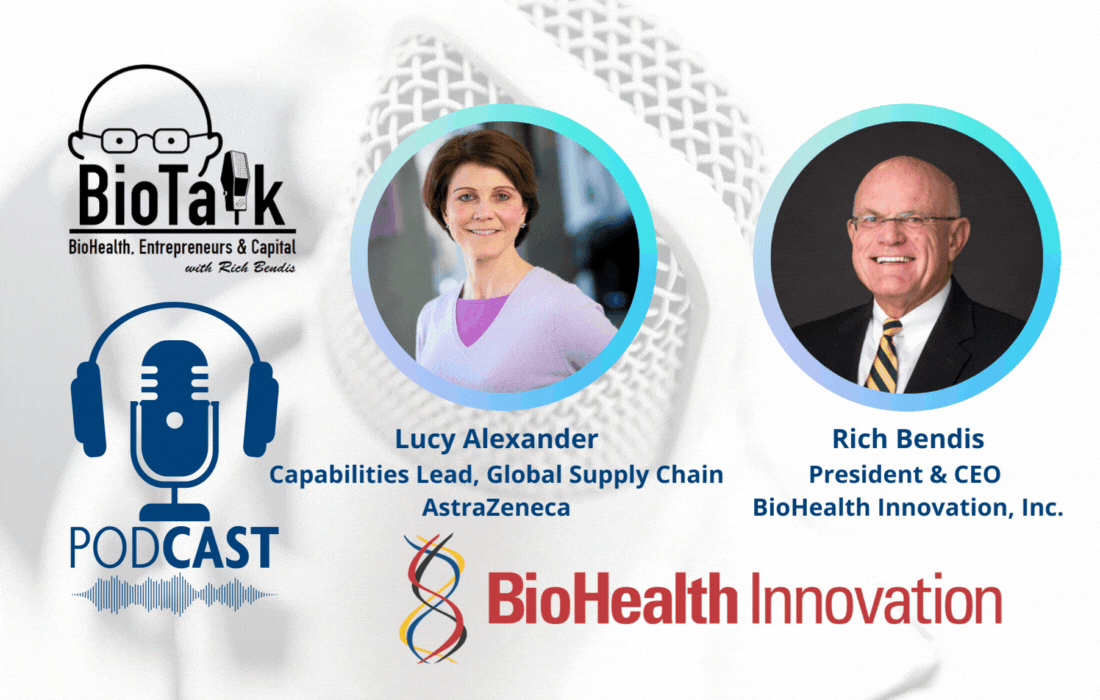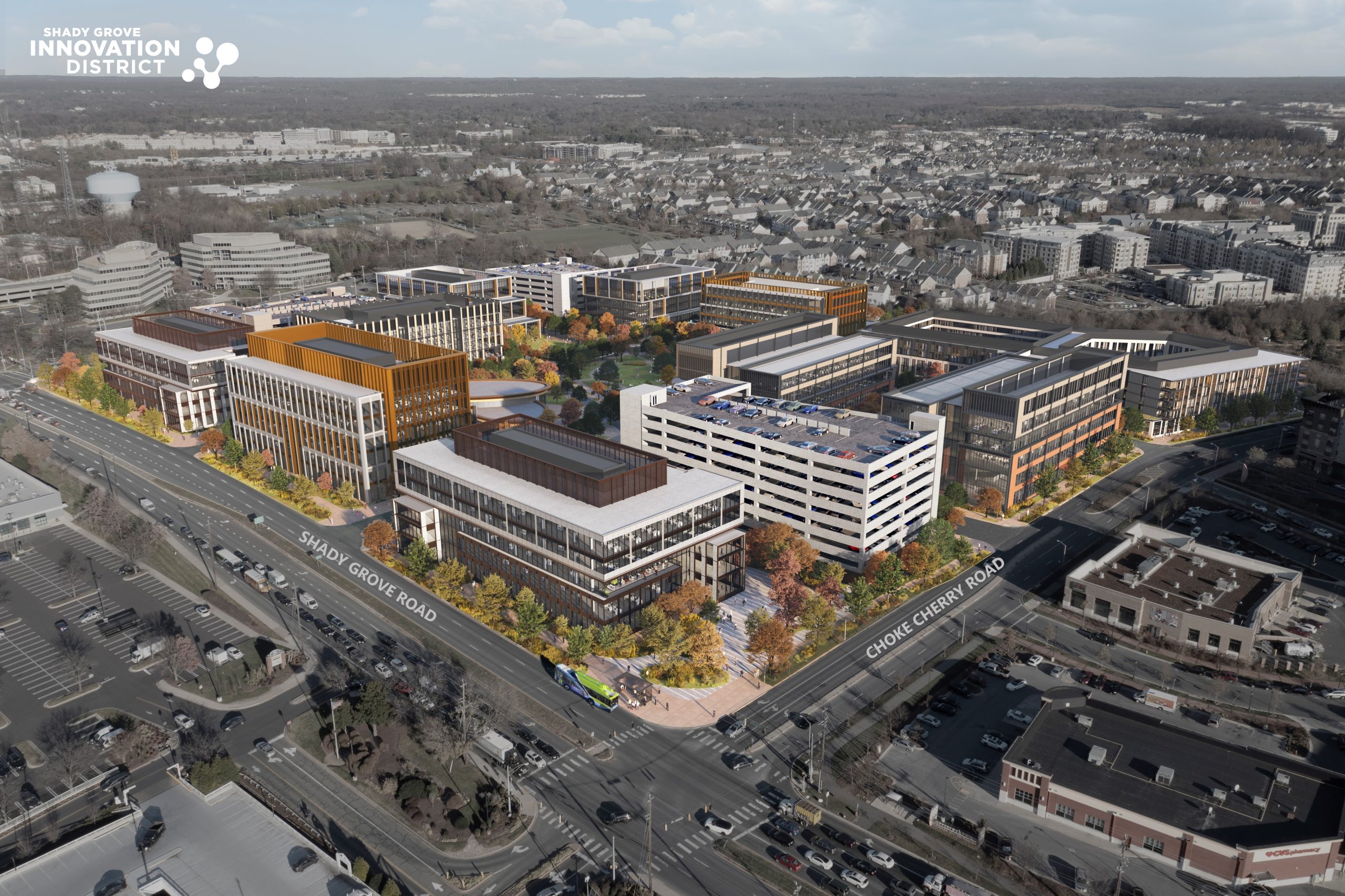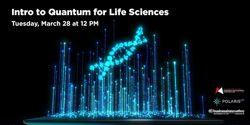

Lucy Alexander, Capabilities Lead, Global Supply Chain & Strategy with AstraZeneca, joins Rich Bendis on BioTalk to discuss leading world-class supply chain operations, developing new strategies, and the continued growth of AZ in the BioHealth Capital Region.
Listen via Apple https://apple.co/3Zov7b7, Google https://bit.ly/3JfYiav, Spotify https://spoti.fi/3ZGPekn, Amazon Music https://amzn.to/3ZqknsP, and TuneIn http://bit.ly/2M60Wmx.









